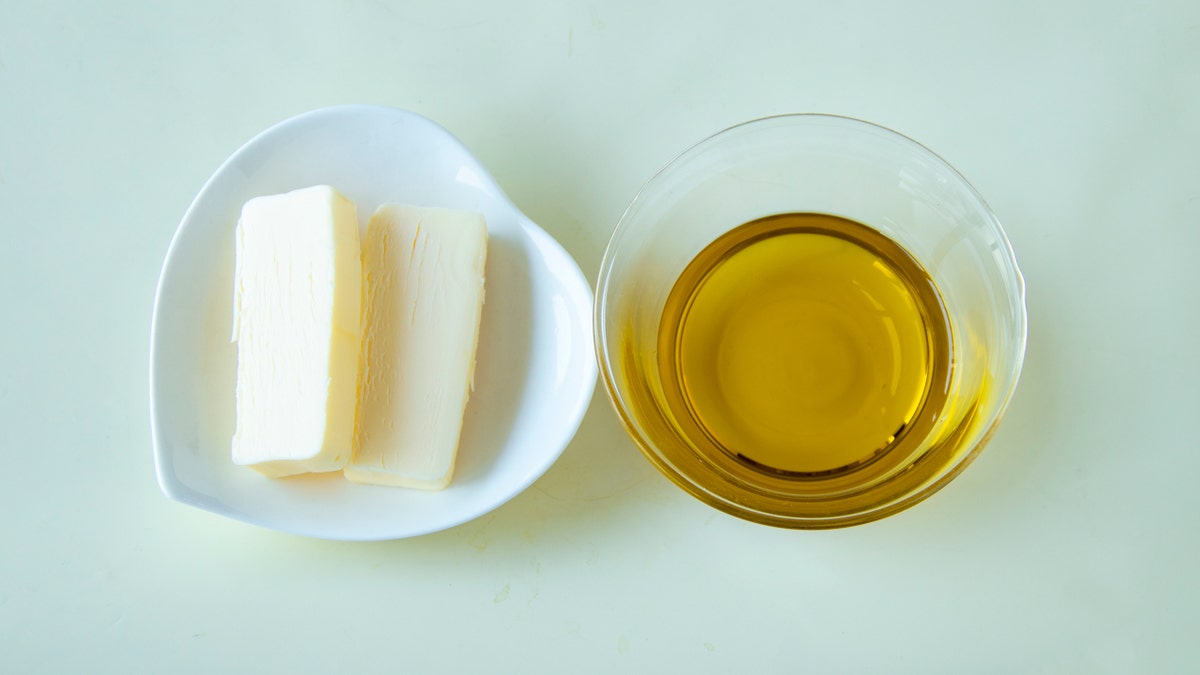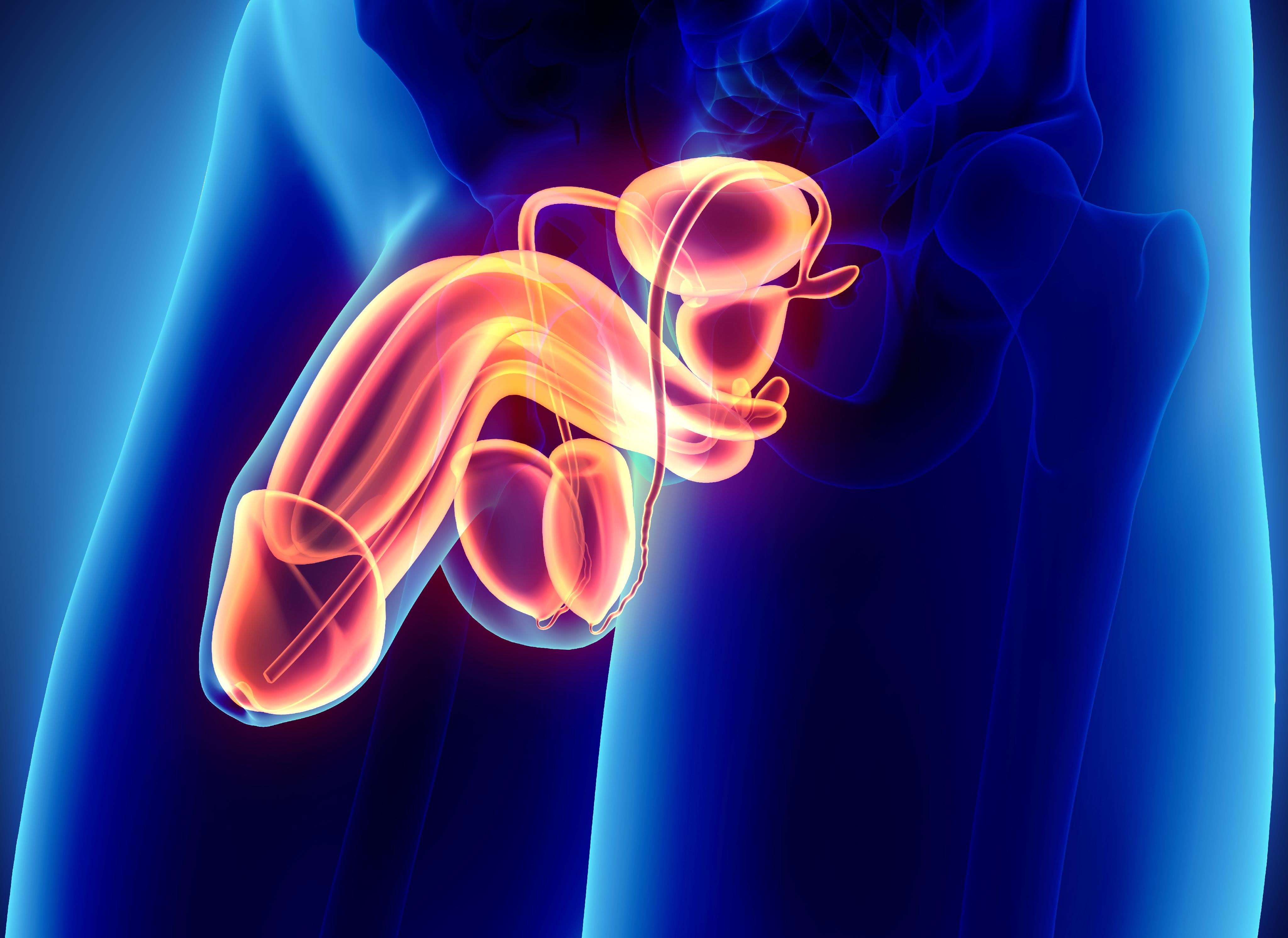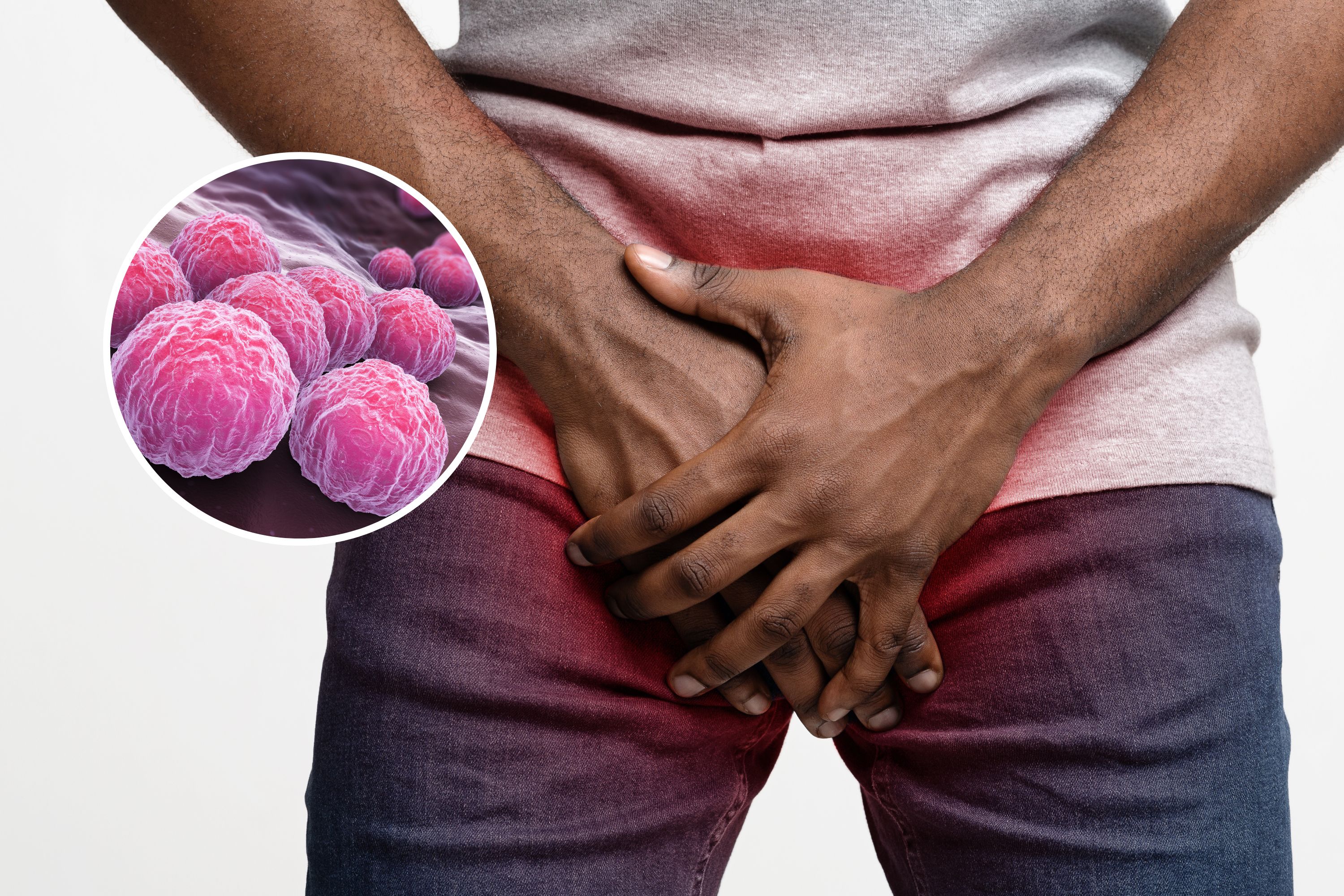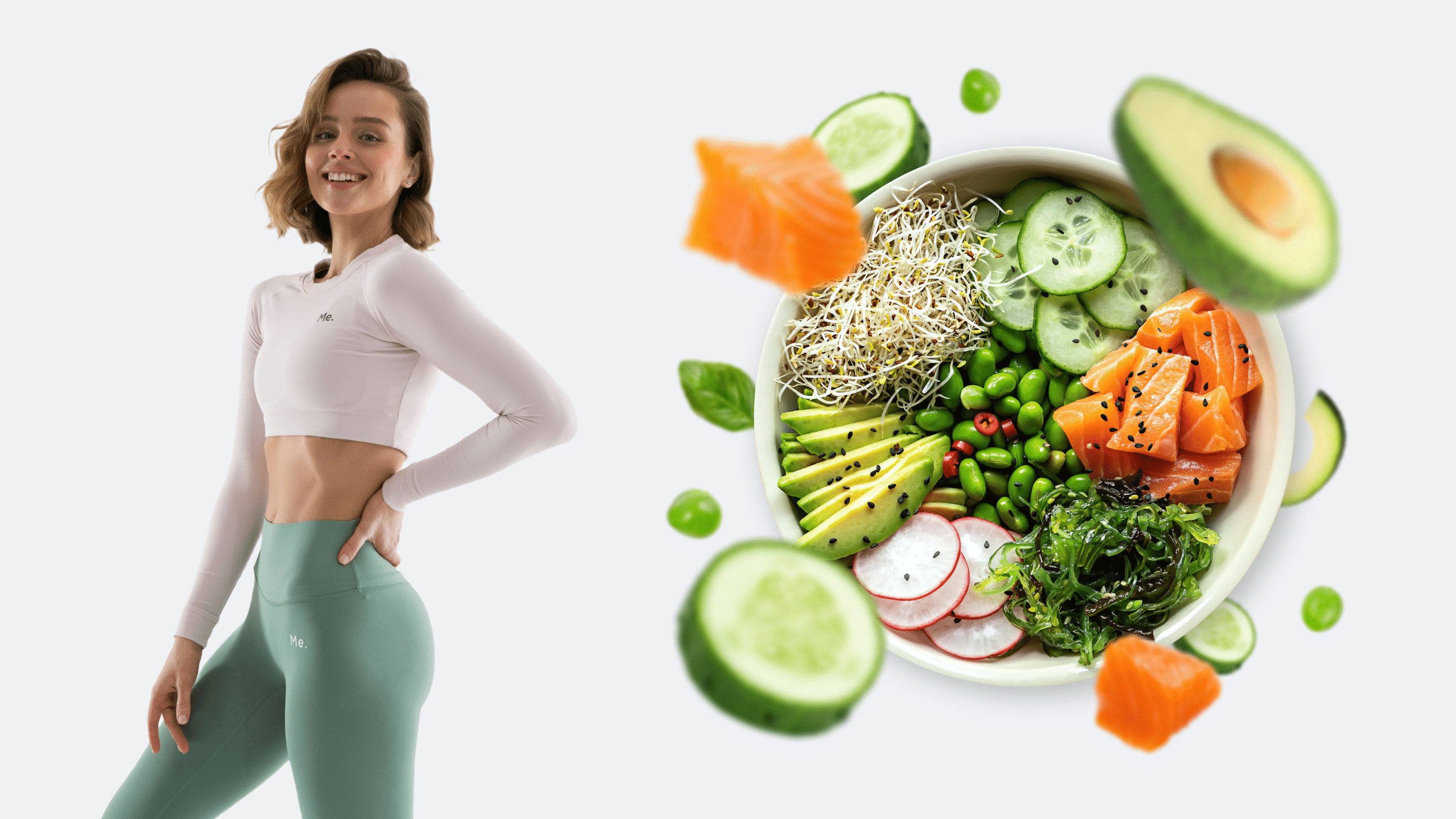Introduction: Valentine’s Day is approaching, and you might be considering trying special foods, like oysters or spicy dishes, to boost your libido. Do these foods actually work as aphrodisiacs? In this article, we’ll break down the science behind aphrodisiacs and explore what the latest studies have to say.
What is an Aphrodisiac?
Before diving into the effects of aphrodisiacs, let’s first understand what they are. According to the U.S. Food and Drug Administration (FDA), an aphrodisiac is “any product that claims to arouse or increase sexual desire or improve sexual performance.” Common aphrodisiacs include honey, watermelon, seafood (especially oysters), ginger, and ginseng.
However, it’s worth noting that there are currently no FDA-approved medications specifically designed to treat low libido in women. As a result, many people turn to everyday foods, hoping these “natural” aphrodisiacs will help enhance their desire.

Scientific Research on Aphrodisiacs
When it comes to the effectiveness of aphrodisiacs, there is no clear consensus. Some studies suggest certain foods can boost libido, while others disagree. Food scientist Dr. Abbey Thiel points out that many of these studies are based on animal experiments, particularly with rats. For example, some studies have shown that male rats fed a diet containing 10% honey had higher testosterone levels. However, Dr. Thiel also mentions that these results are difficult to apply to humans, as rat physiology is vastly different from ours.
Additionally, while some research shows oysters may help with testosterone synthesis and increase circulating testosterone levels, there is still no scientific consensus on whether specific foods act as aphrodisiacs.

Potential Health Benefits of Aphrodisiacs
Although scientists haven’t confirmed that aphrodisiacs can significantly boost libido, research has found that consuming these foods may offer other health benefits. Dr. Thiel explains that these benefits may include “improved testicular health, better semen quality, and reduced oxidative stress,” though these effects are not unique to aphrodisiacs—eating a balanced, healthy diet could provide similar outcomes.
A study on aphrodisiac herbs for managing male sexual dysfunction also suggests that some commonly used herbal aphrodisiacs, such as dates, certain shrubs, and nutmeg, may help with erectile dysfunction. However, the study emphasizes the need for further research into the efficacy and safety of these herbs.
The Science of Food and Desire
While the effectiveness of aphrodisiacs remains uncertain, it’s clear that they may have indirect health benefits. For example, maintaining good testicular health and semen quality could have a positive impact on sexual function. However, Dr. Thiel stresses that boosting libido isn’t necessarily about specific foods—it’s more important to enjoy good food with someone special. Often, the experience itself is more impactful than the ingredients.
So, this Valentine’s Day, consider preparing a delicious meal to share with your loved one. It may prove more effective than relying on a magical food to boost your libido.

Conclusion: Whether aphrodisiacs truly work is still up for debate in the scientific community. While some studies suggest certain foods might enhance libido, many scientists believe that a healthy diet and a harmonious relationship are more important for sexual health. Remember, the best Valentine’s Day gift may not be the food itself, but the time spent with your special someone.













